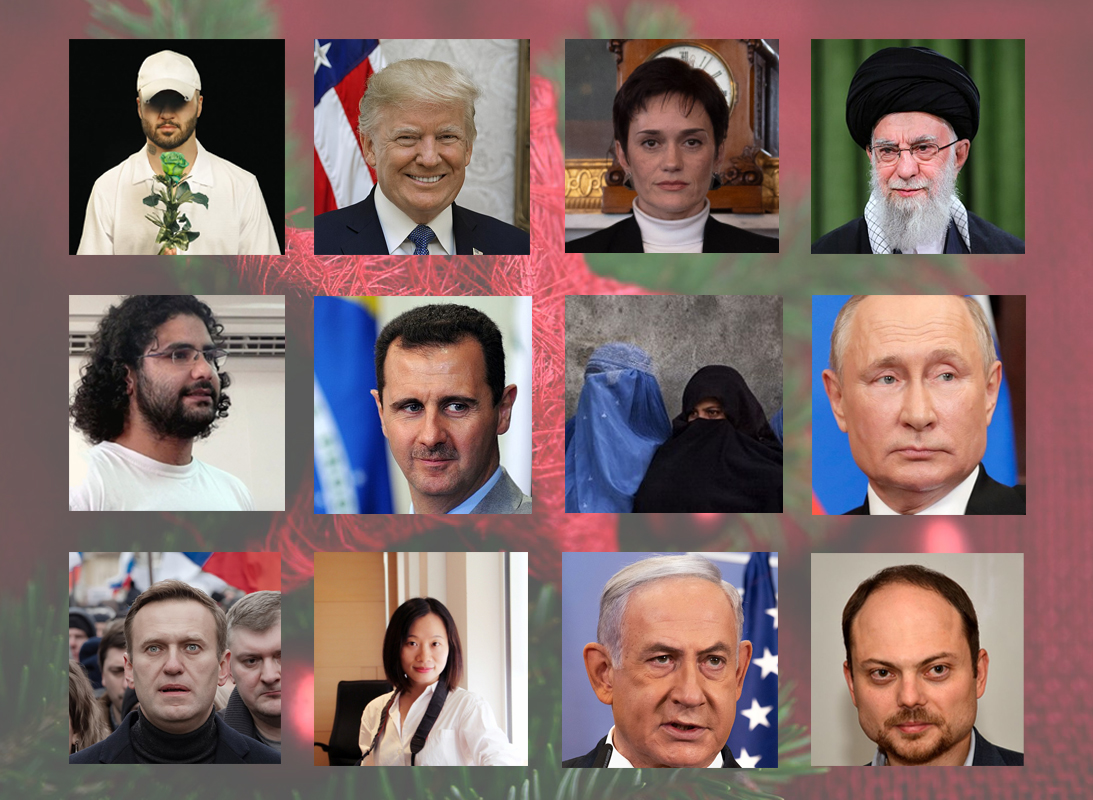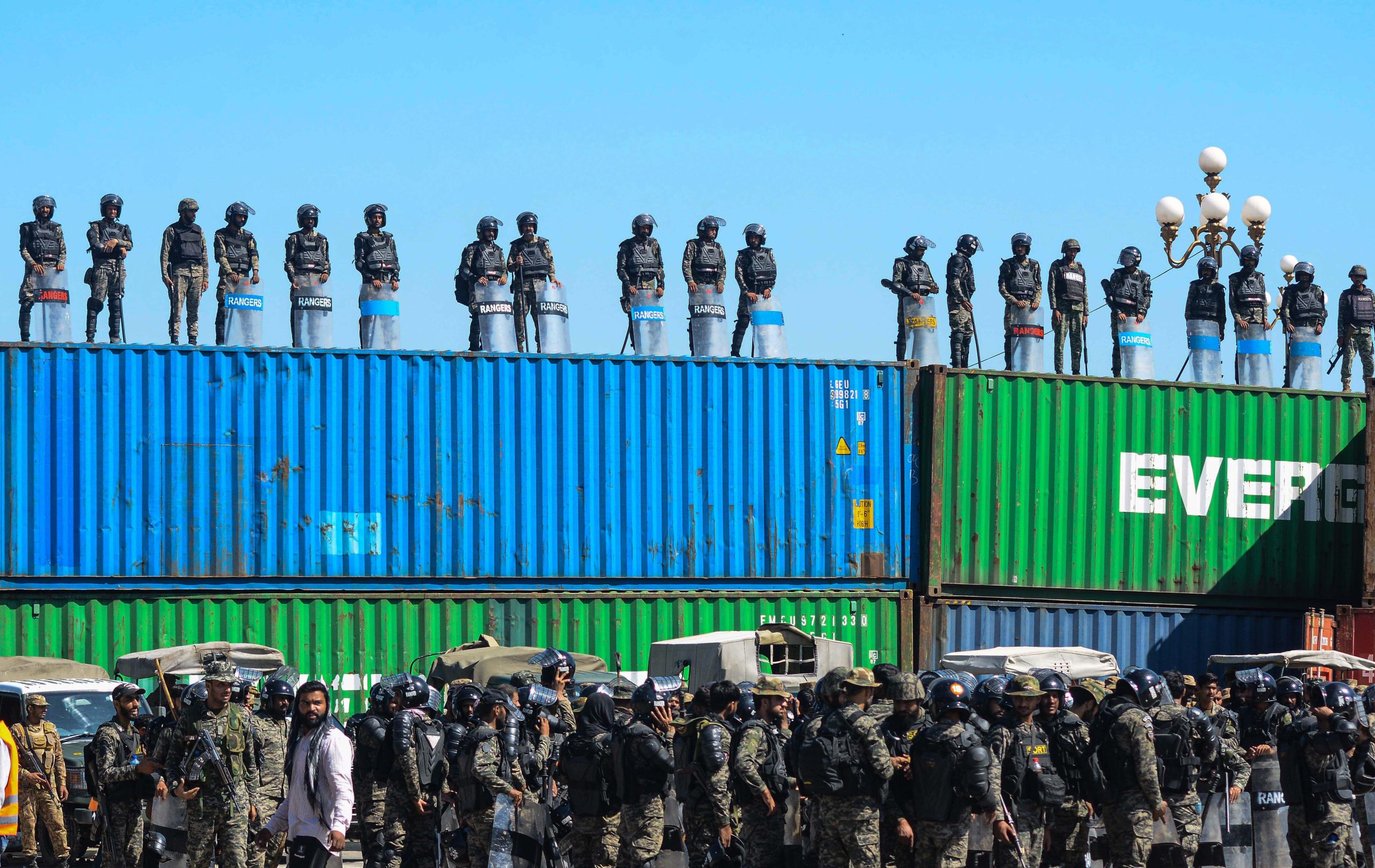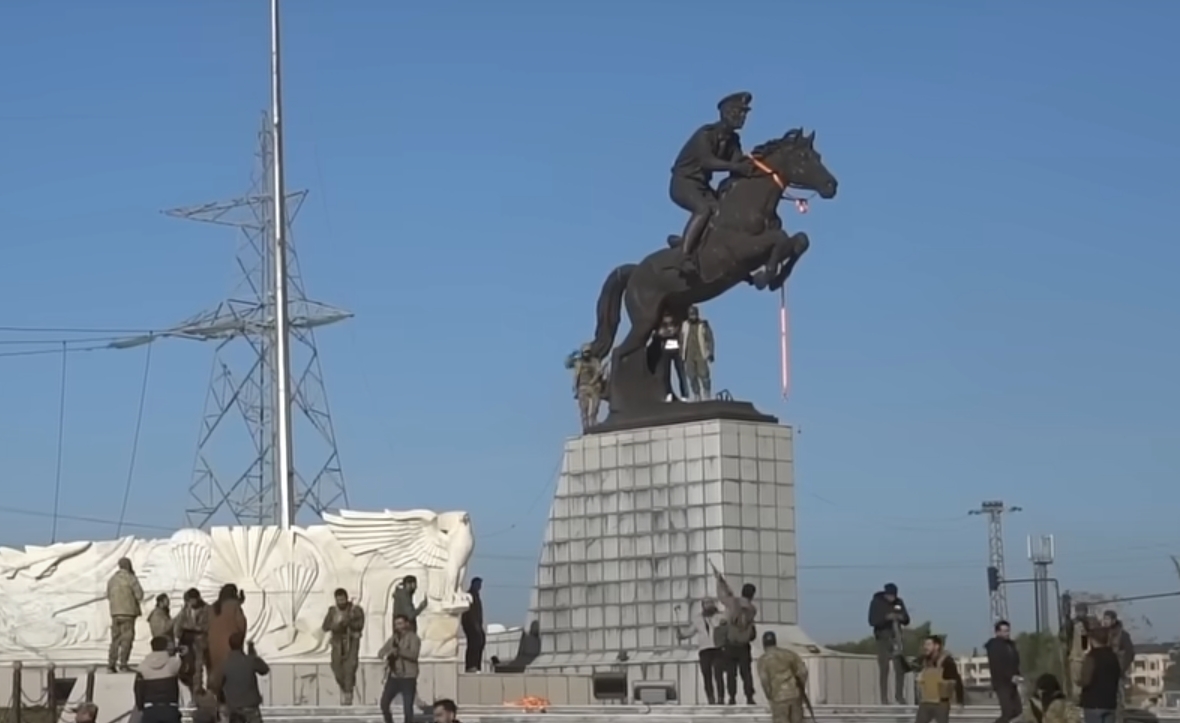The sacking of Moscow’s mayor Yuri Luzhkov this week brings an end to a long-running feud between the Kremlin and Moscow city government. Grigory Pasko watches as a well-known enemy of free speech cries foul
Yuri Luzhkov, the now former mayor of Moscow, has written a letter to President Medvedev. And it is now clear that Medvedev fired Luzhkov from his post for… journalism. Luzhkov, the journalist, wrote the truth, the whole truth, and nothing but the truth in his letter to Medvedev, the guarantor of the constitution: “The reason for the attack were articles in Moskovsky Komsomolets and Rossiyskaya Gazeta. I’ll be honest, it was not I who wrote the article in Moskovsky Komsolets. But I do agree with it. Persecuting the mayor for agreeing with an article?”
Admitting plagiarism, asking rhetorical questions and writing about oneself in the third person – these are all signs of a high level of internal agitation, of course. And it goes without saying that, as a creative person, Luzhkov simply had to bring up that infamous year of 1937, the time of Stalin’s purge, when, in the opinion of the author, there existed in our country a “fear of expressing one’s opinion”. Well, since Luzhkov has decided to bring up 1937, I thought to myself, then that famous Russian metaphor of power, the jar of spiders, serves no purpose (the struggle for power has been known since time immemorial as the struggle of spiders in a jar).
And so here I sit, a journalist who has worked 33 years in the profession, and I am searching for the words to defend Luzhkov-the-journalist. I am not having much success, because the image of Luzhkov that has built up in my mind over the years is not a very positive one: he played the loyal yes-man to Putin in all of the latter’s dirty deeds; created the monster-monopolist party of United Russia; prohibited gay-pride parades; dispersed all kinds of dissenters’ protests with truncheons (i.e. violated the constitution).
In his letter to Medvedev, Luzhkov hints that he just might join the opposition: they have pushed him into such a corner (just where did he find any corners in that jar?) that there can be only one way out – into the arms of the opposition. Luzhkov-the-writer, however, is not in agreement with the opposition and calls its leaders “all those Nemtsovs over there”. [Boris Nemtsov, former reformist minister of Yeltsin]. Luzhkov the man who joined the opposition – now that’s really something! Much more exotic than “doctor of philosophical sciences Zhirinovsky” or “Zyuganov who joined the opposition”.
Luzhkov-the-journalist also managed to bring up the matter of censorship: he hurled a brave and directly aimed accusation about its existence right at the president himself. And immediately added for effect that Medvedev is a weak president, after which Medvedev immediately fired him. Because weak people (and Medvedev is most definitely such a person) very much dislike it when someone reminds them of this. It would be the same as telling Putin that he is a coward – you can immediately expect to hear some kind of unpleasant squeaked retort about circumcision or the ears of a dead donkey.
How can we not defend such a man, o citizens? Courageous and wise, decisive and, no need to be ashamed to admit it, a person of talent. All the more so given that, as he himself admitted, he wrote the article in Rossiyskaya Gazeta, the mouthpiece of the Russian government, himself. That is just what he tells the president: you asked – I wrote. After all, it was you yourselves that fell over my truthful and courageous political-essayist’s and castigator’s pen.
Here, it is true, one inopportunely recalls how this writer/political essayist/castigator had himself on many an occasion prosecuted fellow wordsmiths in his courts. But Luzhkov is now so pitiful and miserable that one wants to defend him. Decisively and immediately. To gently pat him on his bald head; to wipe away the tenacious tear, as big as a drop of honey; to utter a kind word… Maybe even – put up a monument to him, the great one. Something he no doubt has always silently hoped for.
<strong>Translated by Stephan Lang</strong>
<em>Grigory Pasko is a celebrated Russian journalist and a former Amnesty prisoner of conscience, following his arrest and imprisonment in 1997. He was awarded the Index International Whistleblower award in 2001 and the Erich Maria Remarque Peace Prize in 2007</em>






